Home > Climate News >
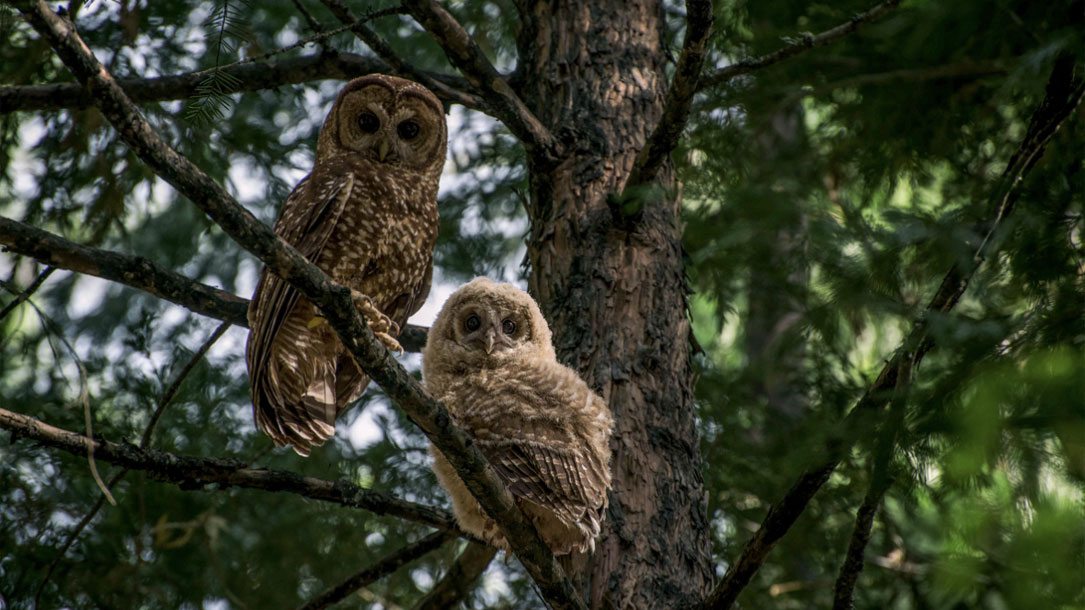
Recent ‘megafires’ imperil even fire-loving forest birds
Many birds, such as owls and woodpeckers, thrive in forest habitats created after fire. But the hotter, bigger, more destructive megafires out West might be too much even for them…
In a 2016 paper, UCLA ornithologist Morgan Tingley concluded that “pyrodiversity increases biodiversity.” Between 2009 and 2014 he led bird surveys across 465,000 acres of burned conifer forest in California’s Sierra Nevada and Southern Cascade mountains. The data showed that in the decade following wildfire, areas that experienced different burn severities developed into unique habitats, each with its own bird community.
But megafires like the King Fire have disrupted this historical cycle. Their relentless intensity often leaves less pyrodiversity. Instead they create larger areas of sheer destruction…

Europe is building a ‘digital twin’ of Earth to revolutionize climate forecasts
“It’s a really bold mission, I like it a lot,” says Ruby Leung, a climate scientist at the U.S. Department of Energy’s (DOE’s) Pacific Northwest National Laboratory. By rendering the planet’s atmosphere in boxes only 1 kilometer across, a scale many times finer than existing climate models, Destination Earth can base its forecasts on far more detailed real-time data than ever before…
The model will also incorporate real-time data charting atmospheric pollution, crop growth, forest fires, and other phenomena known to affect weather and climate, says Francisco Doblas-Reyes, an earth system scientist at the Barcelona Supercomputing Center…
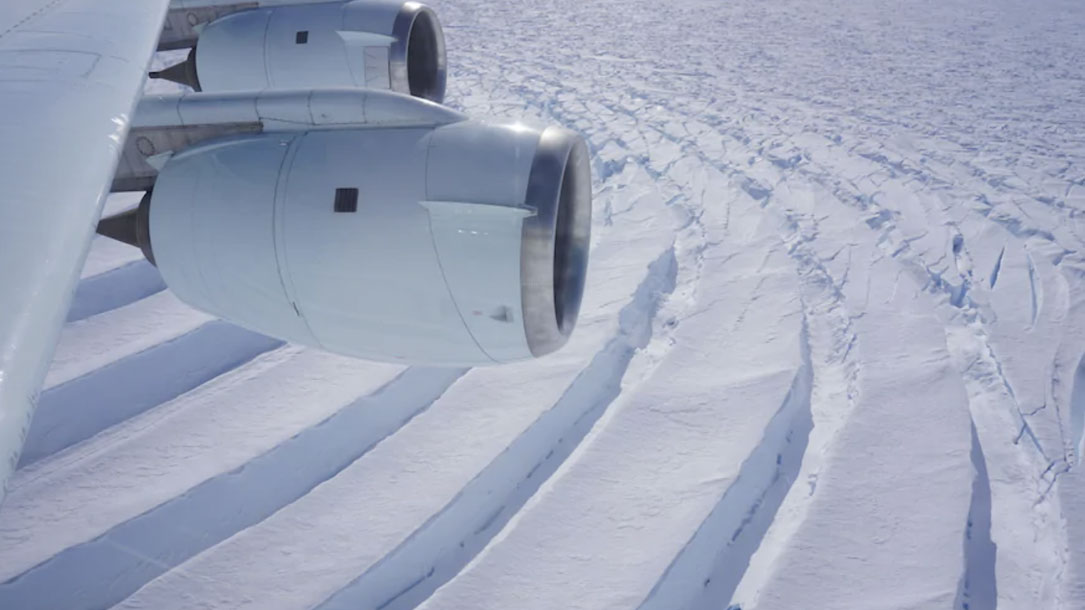
Two major Antarctic glaciers are tearing loose from their restraints, scientists say
“Two Antarctic glaciers that have long kept scientists awake at night are breaking free from the restraints that have hemmed them in, increasing the threat of large-scale sea-level rise.
Located along the coast of the Amundsen Sea in West Antarctica, the enormous Pine Island and Thwaites glaciers already contribute around 5 percent of global sea-level rise. The survival of Thwaites has been deemed so critical that the United States and Britain have launched a targeted multimillion-dollar research mission to the glacier. The loss of the glacier could trigger the broader collapse of the West Antarctic ice sheet, which contains enough ice to eventually raise seas by about 10 feet…”
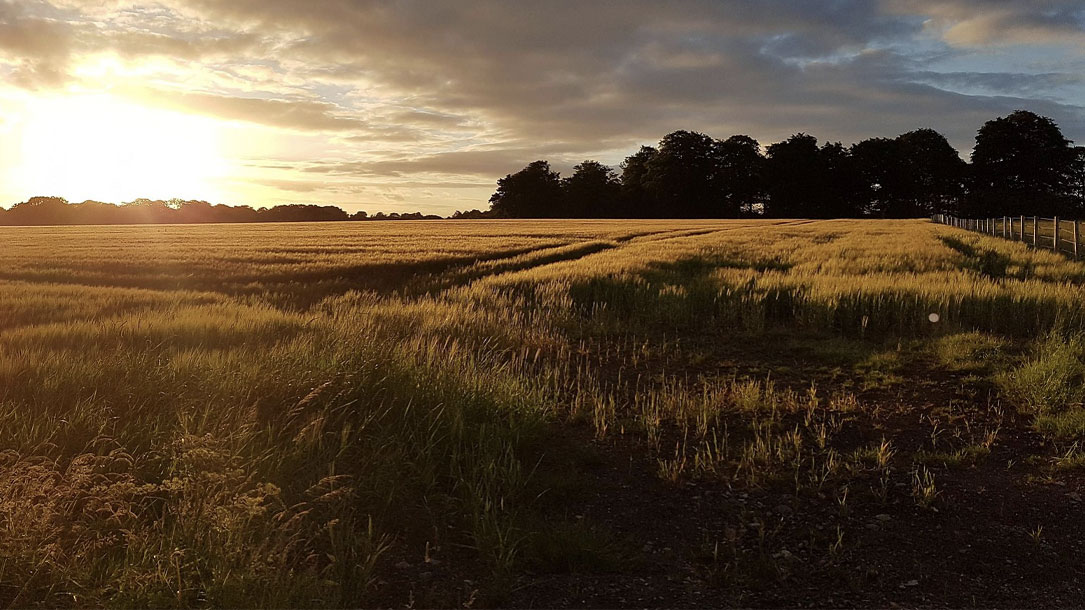
Smart Solar Siting for New England: free webinar series
Join American Farmland Trust, Acadia Center, Conservation Law Foundation, Vote Solar, and Vermont Law School for a four-part webinar series, as we share outcomes from our joint two-year project seeking to reduce conflicts over the siting of solar facilities…
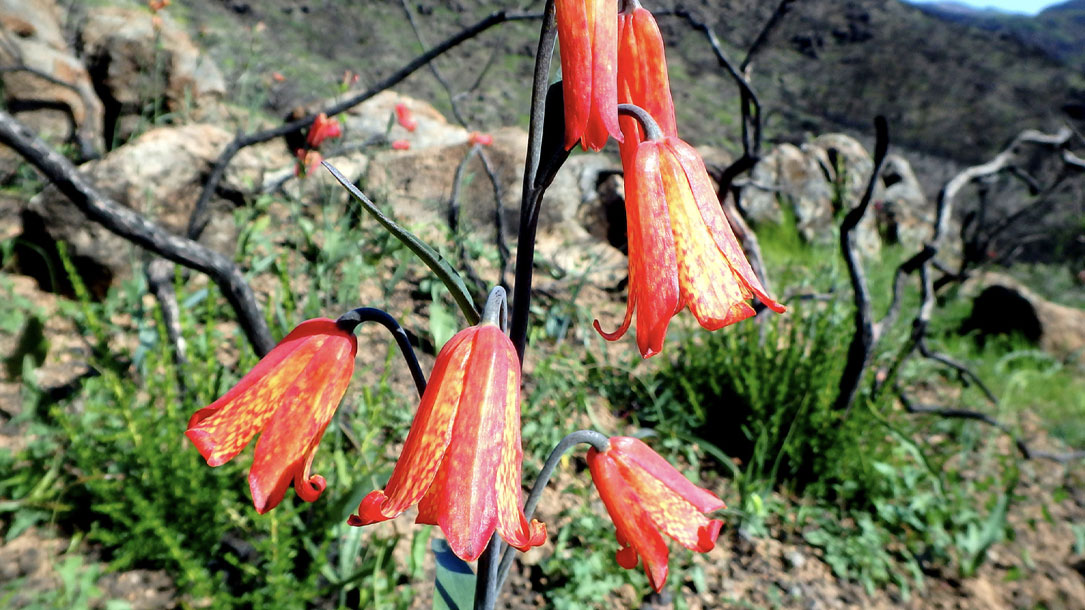
Wildfire: The road to recovery
Facing historic grief, loss, and destruction in most of the West, this land trust faces reality and is here to help:
“As we continue to move forward after the historic wildfires, we want to express our deepest sympathy to everyone impacted by the fires here and in Sonoma, Solano, and Mendocino Counties. We are endlessly grateful for the untiring efforts of the first responders, the over 11,000 firefighters [some brought in from all over the country, and as far away as Australia and Canada], the California Highway Patrol, local authorities, and the countless volunteers who worked tirelessly to protect us all. And the response of the Napa community has been truly inspiring.
Our staff continues the process of actively visiting properties to assess short and long term stewardship issues. We have been consulting with experts from a number of other agencies, such as Cal Fire, and have joined the Post Fire Recovery Working Group, which includes the Napa County Resource Conservation District, the Natural Resources Conservation Service, the County, and others who are working to assess the condition of burned areas and determine any steps that could or should be taken.
Lastly, in a proactive effort to share useful information, we’ve collected resource links to webpages and pdfs that could be helpful in the recovery process and have posted them. Our goal of working together as a community remains and with it the hope that we can live up to Napa’s inspired resiliency…”
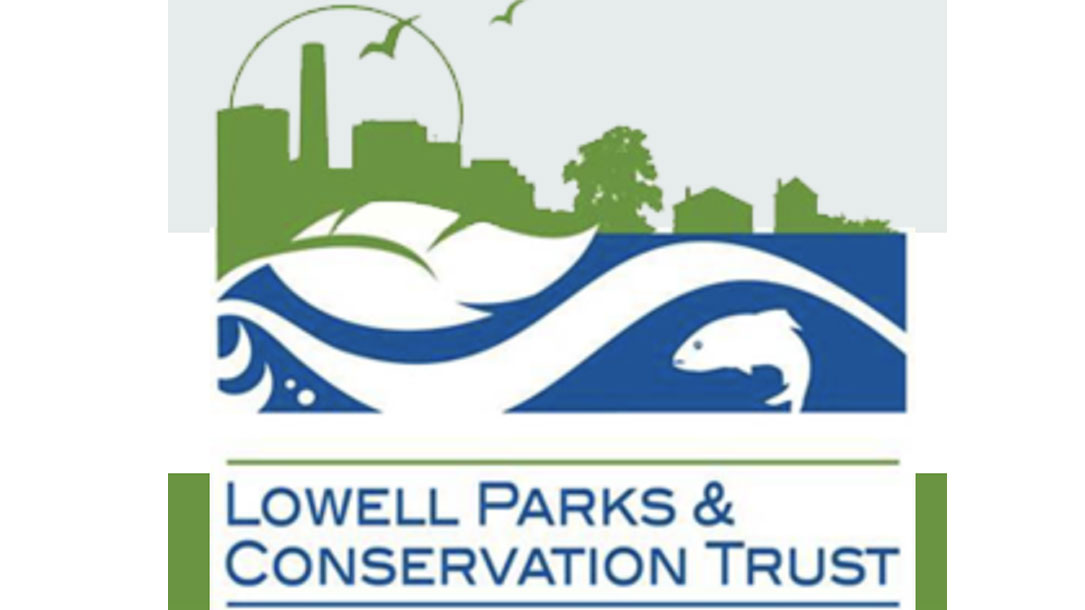
Climate change forum, October 1st
This small and innovative land trust raising awareness about a climate change forum, hosted by Lowell City of Learning and UMass Lowell Climate Change Initiative. The presentation will be led by UMass Lowell faculty. The timing is on pointe as climate change is increasingly on people’s minds. This short, one-hour, virtual event will cover a number of topics including:
- How are the western US wildfires related to climate change?
- How will acting on climate change affect the economy?
- What if we do nothing?
- What are some of the solutions to climate change that are already here?
- Are there any solutions that we haven’t heard about yet?

Beaufort County Solar Facility first in the state to be permanently protected
In a first of its kind deal for South Carolina, Beaufort County Open Land Trust announced the closing of a conservation easement on land owned by an affiliate of Adger Solar LLC, on which the Seabrook solar energy generation facility in Beaufort County resides.
The 72-megawatt facility, owned by Dominion Energy, is sited on a rural 628-acre property and is the first designated solar energy facility in South Carolina to be on land protected permanently by a conservation easement. The project is expected to be in service in 2020 and will provide enough energy to power 9,000 homes for the next 25 years. The agreement allows for the land to be used for farming, timber, or other rural uses if energy production ends.
“Our landscape in Beaufort County is changing and how we think about land use is changing too. What was once a tomato farm will now help support the growing clean energy industry,” commented Kristin Williams, executive director, Beaufort County Open Land Trust. “Our goal is to ensure that over the long-term, these sites vulnerable to residential, commercial, and industrial development, are permanently protected…”

Climate Change Initiative
The Northwest Arkansas Land Trust has been working on meeting people where they are and finding common ground around natural climate solutions and climate conversations.
Their website explains these three areas of focus as well as the projected impacts of climate change.
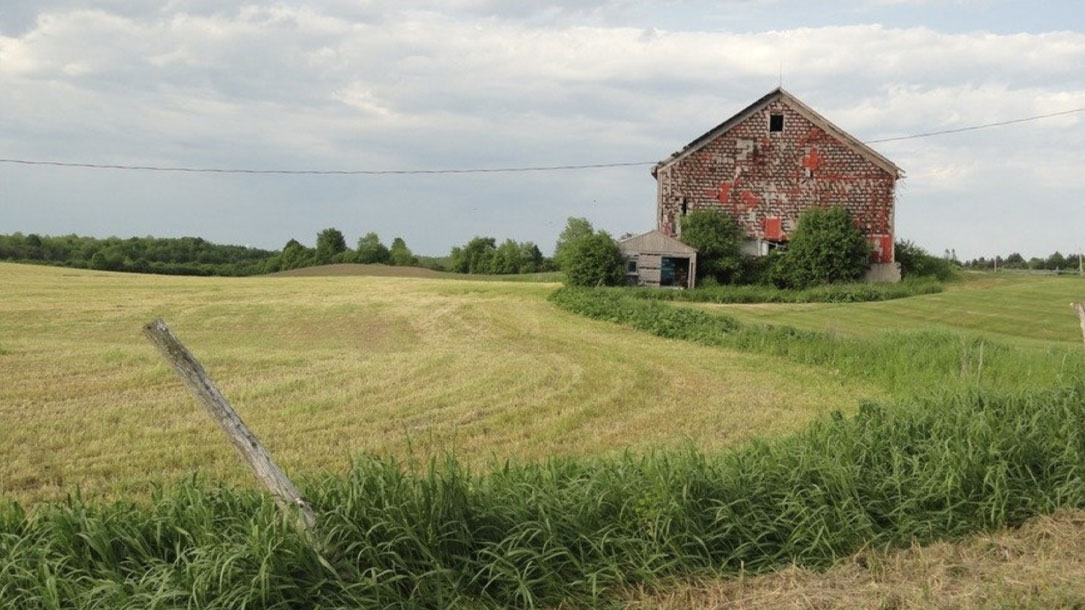
Farms under threat
Farms Under Threat is AFT’s multi-year effort to advance cutting-edge solutions for farmland protection. We use high-resolution spatial analysis tools to identify exactly where agricultural land has been converted to urban and low-density residential land uses, and we have done a deep analysis of every state’s policies for protecting farmland and ranchland, promoting agricultural viability, and helping transfer land to the next generation of farmers and ranchers.
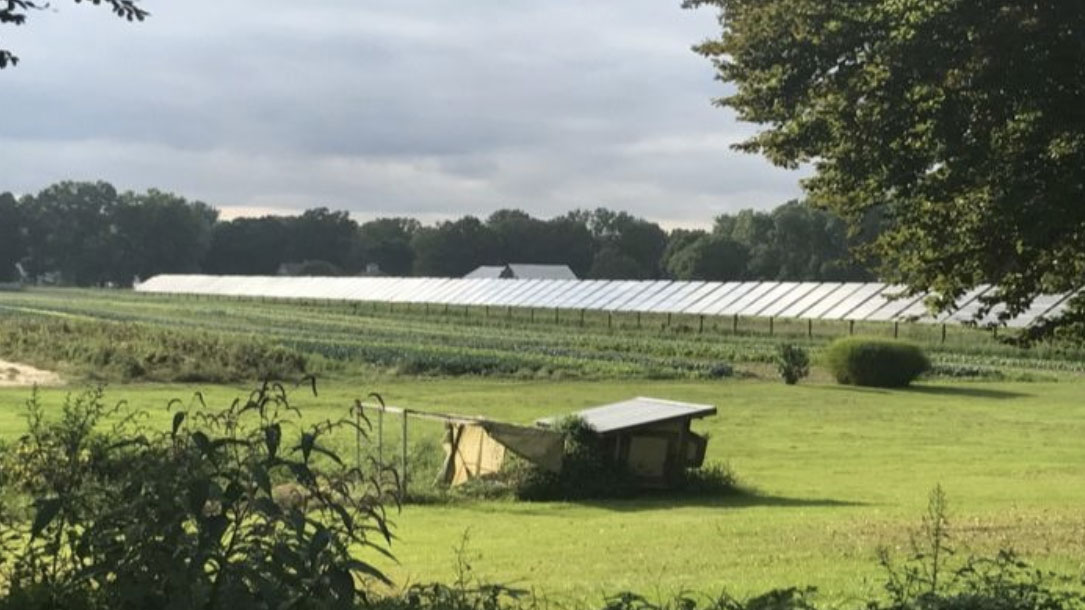
Farmland and Compatible Solar Webinar Series
Farmland is a critical resource in our country, particularly in areas that are heavily forested or developed. American Farmland Trust recently released the Farms Under Threat report, documenting those challenges.
Yet climate change is the most significant threat to conservation we have ever faced. Rather than remove forests, many are locating solar fields on agricultural lands. Can it be done well? Yes.
Find out how in this webinar series focusing on smart solar siting, balancing solar siting with conservation, growing the solar market, and turning state and local priorities into sound policy. While this is focused on New England, there will be many transferable concepts for wherever you are located.
Webinars are free and running on September 23, September 30, October 7, and October 15.












